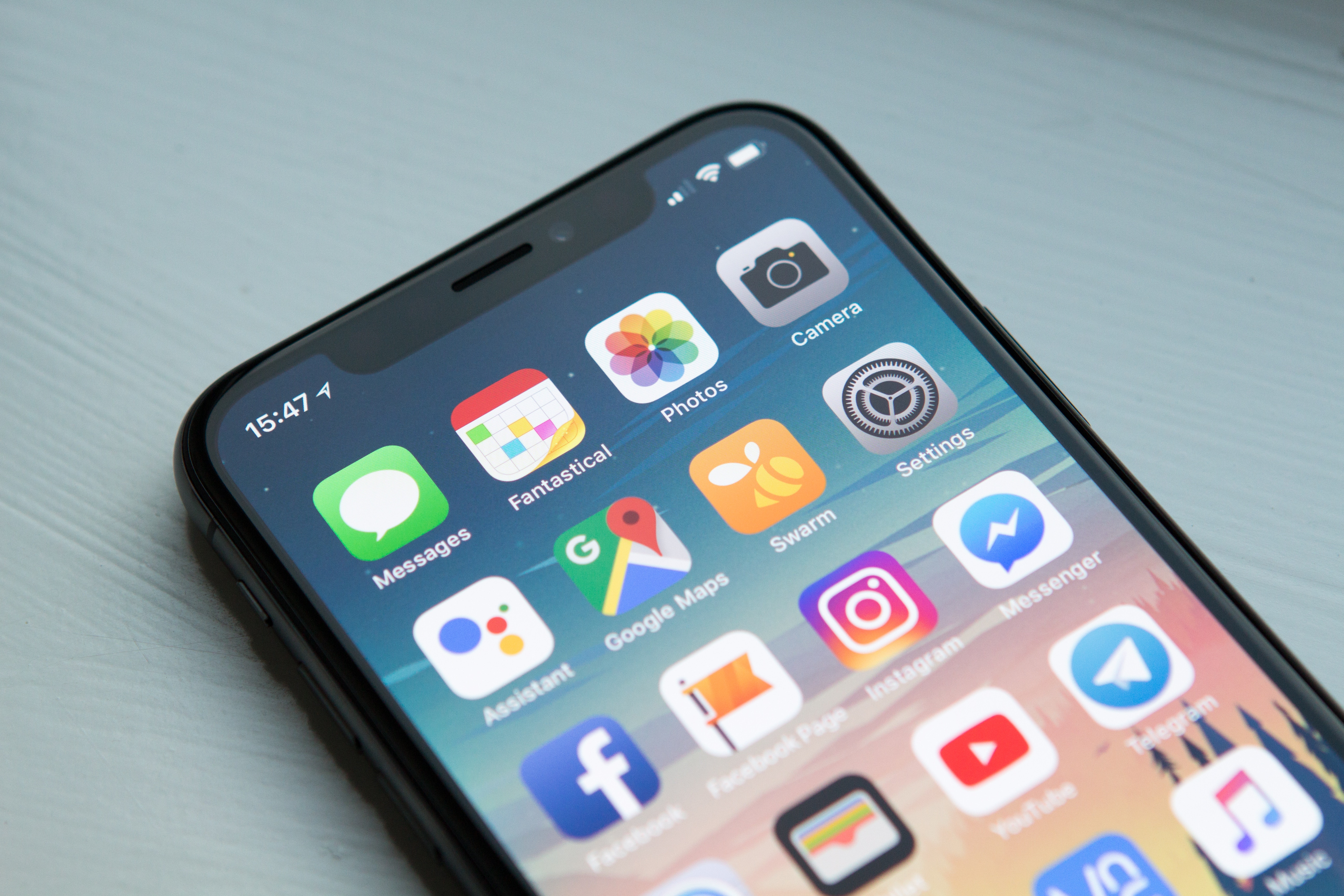
David Kirk’s blog: Combining market, product and economics for success
By David Kirk, Bailador Co-Founder
Last week, writing about the shape of a founder (remember I define a founder as someone responsible for founding the first, second or umpteenth stage of growth and success for a business), I referred to the general leadership characteristics of a founder. I wrote that the key qualities were perseverance and resilience, the ability to communicate well, inspire others and synthetic insight.
I promised to explain what I meant by synthetic insight in more detail, and in this blog I will do that.
Synthetic insight is the ability to have multiple insights that are important for business success and to synthesize those insights into an integrated plan or set of actionable priorities to build a business.
The fundamental insights required are:
- an understanding of customer (consumers or businesses) preferences as they are evolving or an intuition of what they could be in the future
- a vision of a product that will satisfy these emerging or latent customer preferences better than anything out there today
- an understanding of the profitable economics of a business that can deliver the product to satisfy the market opportunity
If the insights are correct, they become mutually reinforcing. The product satisfies the market opportunity, which delivers the revenue, which allows for more investment and development of the product to further satisfy new customer needs, which they now know they have, and round it goes.
Let’s look, for example, at the second coming of Apple. Steve Jobs recognised, as he had the first time around, that consumers had a latent desire for truly cool design and that the key product was a mobile communication and entertainment device.
He saw the market opportunity, conceived the product and understood the economics. The sort of design and functionality he envisaged could not be delivered cheaply. The key insight was to create a product that was a platform for other people to make money off, as well as Apple.
Enter the App store. It was a triple win. App builders got the opportunity to distribute their products to iPhone and iPad users, the users got virtually unlimited choice of tailored functionality and Apple got to clip the ticket and build a recurring subscription revenue stream. Market-product-economics in beautiful harmony.
In the B2B SaaS world, the customer insight of the leading SaaS businesses built in Australia and New Zealand – Atlassian, Xero and SiteMinder – was that the internet allows customers to build low cost, real time networks between key business partners – product managers and developers for Atlassian; accountants, banks and small businesses for Xero; online travel agents, Global Distribution Systems and hotels for SiteMinder.
The founders of these businesses saw that potential customers needed a way to build effective networks, that the internet could deliver that network product functionality and the cloud could deliver the economics.
Synthetic insight is not a one-shot game. The first set of insights are probably the most important but building a company is a never-ending waltz of customer-product-economics. And as time goes on and the music gets more complicated the most important thing becomes the orchestra.
